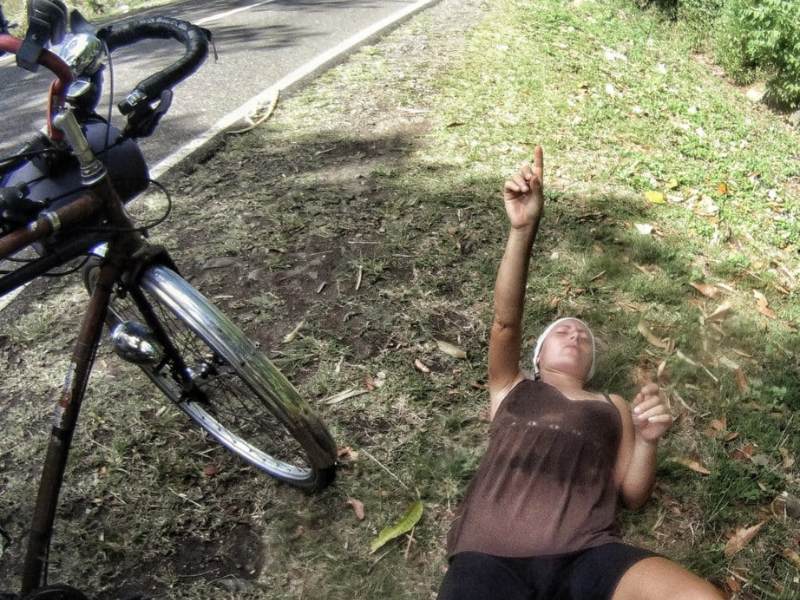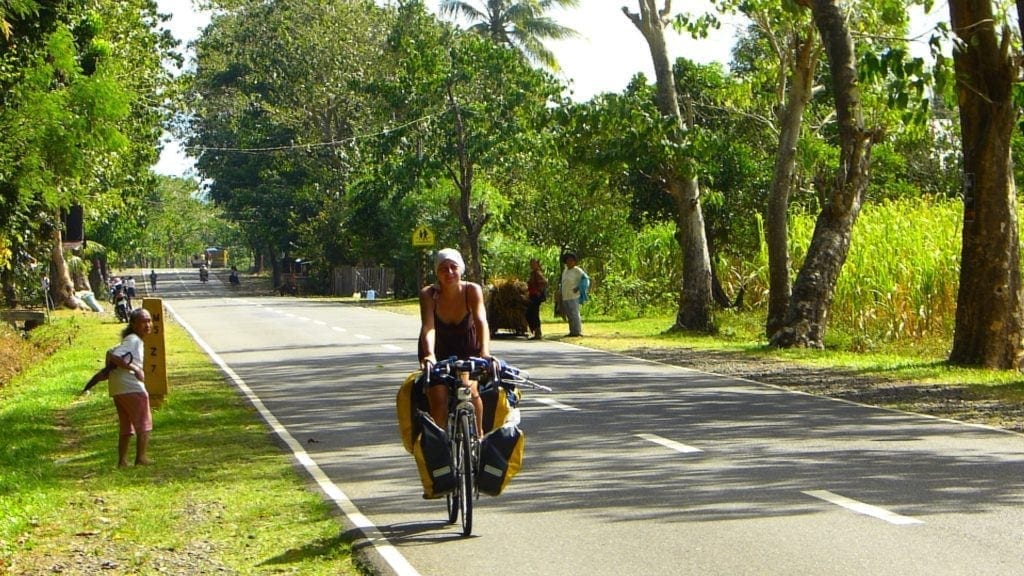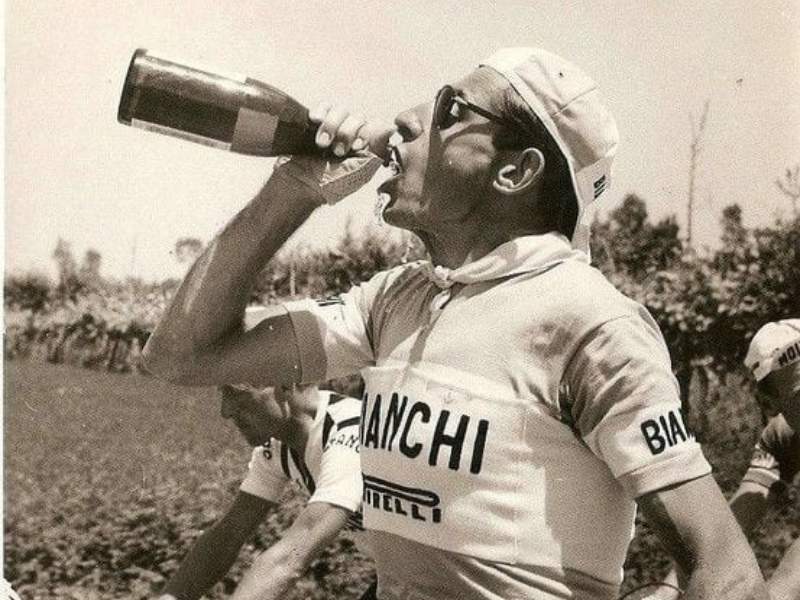Last Updated on 30 August 2024 by Cycloscope

Learn why proper rest is essential on a bike tour. Discover how much rest you need to recover, prevent injury, and truly enjoy the journey.
Cycling tours are very rewarding and challenging activities. They are a great way to not only push yourself to the limits of endurance but also to experience a country. During our 30 months on the road, cycling from Italy to as far as the Philippines we got a deep insight into each country we visited, experiencing adventures we’ll never forget.
Going on a cycling tour can take a physical, mental, and emotional toll on even the fittest and healthiest of cyclists. This reality underscores the importance of getting not just enough rest, but good, quality rest. By getting a breather from time to time you are doing your body a huge favor, as you keep it away from its breaking point.
Perhaps just as important, you are giving yourself a better opportunity to appreciate the entirety of the tour, from the physical thrill of pedaling miles upon miles to experiencing the many sights and sounds along the way. Such opportunity is often lost when you get drained, and instead of enjoying the ride, you labor through it, and the only thing you start caring about is the end of the journey.
Some nutrition tips for bike travelers

Knowing when and how to rest is important to not only fully recover but also to prevent injury. Cycling Coach John Hughes warns against stopping abruptly to rest and instead recommends that once you decide to get some rest, you pedal lightly for at least 10 to 15 minutes to cool down. Then you can take your much-deserved and much-needed respite without any risk to your muscles.
Stopping and resting is not enough if you don’t replenish the calories you have burned. Hughes explains that a hard ride burns “a combination of glycogen from carbohydrate and fat for fuel.” Unfortunately, your glycogen reserves can be lost only after a few hours of intense pedaling.
Therefore it is important that you load up on calories from carbohydrates while you are taking a breather. Once you finish your day’s ride an effective method to keep your energy levels up for the next day’s ride is to “eat two calories of per pound of body weight every hour until you can sit down for a regular meal.”
Sleep during a bike trip

The amount of sleep you get is also crucial in keeping your body healthy. National spokesman for the Academy of Nutrition & Dietetics, Jim White stated in an interview with Leesa the importance of quality sleep: “Your muscles recover during sleep – you can’t get truly to a high level of fitness without sleep.”
A solid six to eight hours of shut-eye will allow your muscles to recover fully and keep you from feeling fatigued. Adequate sleep can also sharpen your cognitive functions and increase your willpower, both of which are crucial to riding on a cycle tour.
As rest is a critical part of your journey, it is just as crucial that you bring along the right gear and equipment that you can use when you need to take a break. Our Essential Camping Gear for Bicycle Touring and Bikepacking article offers a detailed look at the items—a tent, a sleeping mat, and a torch, to name a few—you will need for your next tour.
So go ahead, visit the world on a bike! Just make sure you get enough rest along the way.
Check also


